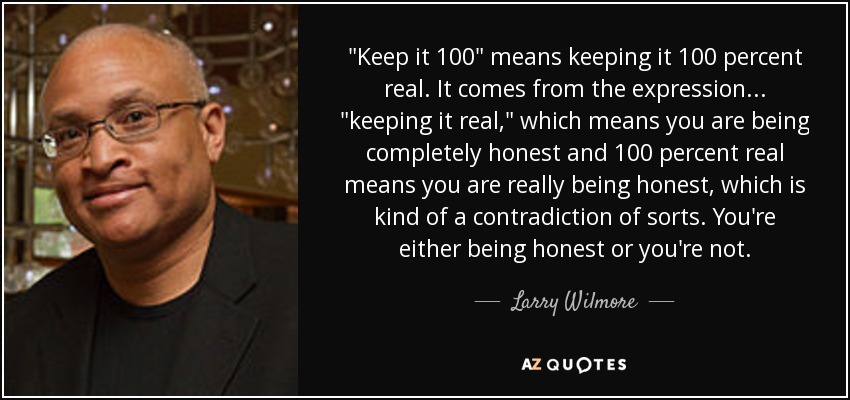About a decade ago, I drafted a document - and the writing of it took a number of days, so I was proud that I had shown so much discipline to complete the writing and evaluate it. The draft was titled "One Hundred True Things about Medical Speech-Language Pathology". It was full of aphorisms, crunchy bits, the 'hidden curriculum', and transverse sections of clinical activities and outcomes.
Students who had worked with me as master's degree candidates, received a copy of the document during their clinical internship. When i put out an open query to former students, no one indicated tbat they currently had a copy. I needed to keep it 100, regardless of that original document seemingly consigned to history's dust bin. I don't remember if this concept was touched upon in the list of true things. It should have been.
The therapeutic alliance: What a child psychatrist, who had led my employee orientation at the Allendale Association, Lake Villa IL, in August 2000, said - he was the psychiatrist who had treated the young man, confessing to arson in a 1958 Chicago church fire, - developing the rapport, the therapeutic relationship, or the therapeutic alliance between clinician and patient was crucial and primary to clinical treatment.
When the person served knows you, trusts you and signals that they will take a journey of clinical change with you, you may get wondrous things done. For the alliance is the foundation, the sourdough starter, the battery, the contract, the clear sky and the road ahead.
Placing the alliance primary in your clinical practice does not mean you are able, as an SLP, to shelve your policies and procedures, your time management and adherence to swchedules, your productivity targets, IEP deadlines, standardized tests' availability, documentation rigor and timeliness, the distraction of additional staff vying for the time of the person served, the demands of your life outside work, or the inherent unpredictability of your clinical day. The alliance is primarily what the person served should see, with all else mediated by the SLP for the person served as it is needed.
For the SLP wears many hats in her/his clinical roles, similar to the roles Nussbaum cites for the physician. Above and beyond your work as author, epidemiologist, technician, coach, teacher, and gardener, - with the alliance properly set, you are the witness, you are the ship's captain and the servant (Nussbaum, 2016, pp. 260-61).





No comments:
Post a Comment